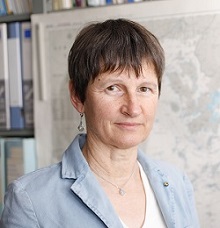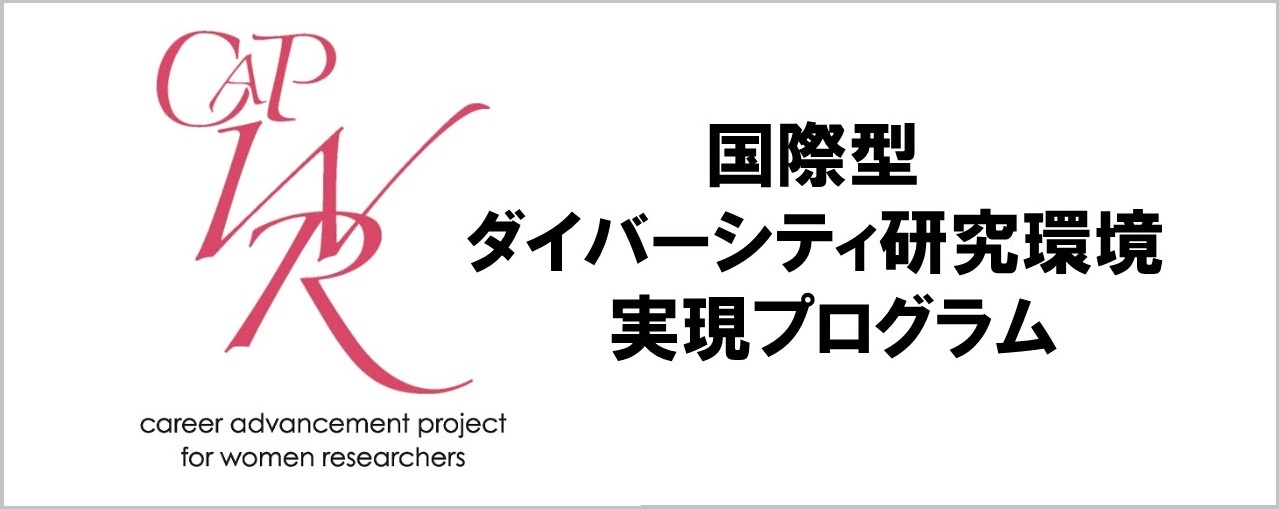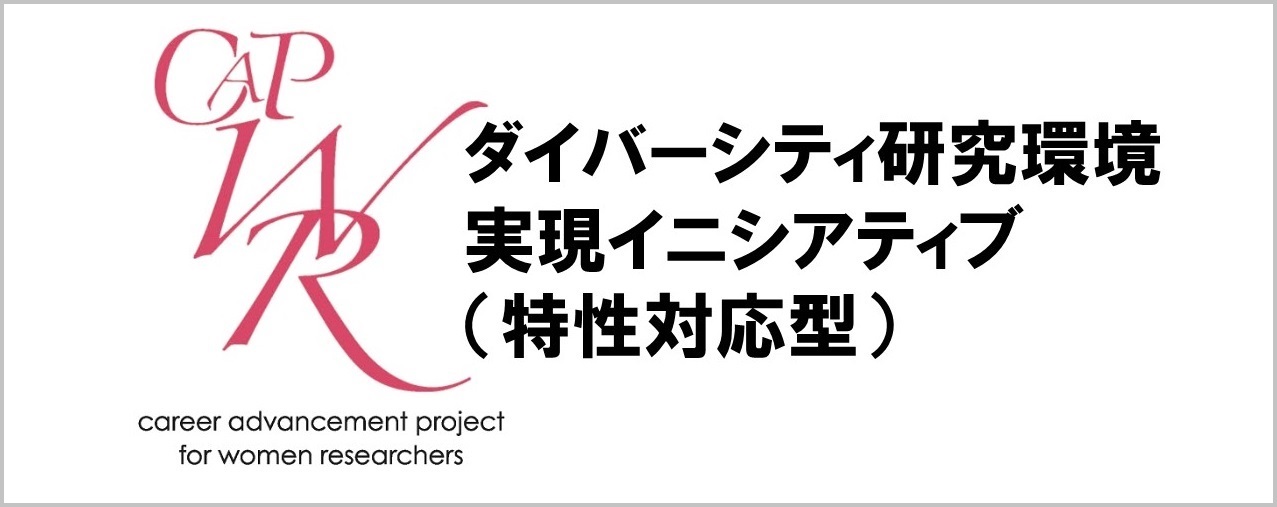フンク カロリン 副学長(グローバル教育担当)

Becoming a researcher
I started working as a teacher rather than a researcher, because my first university job was as a lecturer of German at Matsuyama University, Ehime. In Germany, I had studied Geography, History, and German and my main interest has always been in the structures of space and place, but it was my minor subject German that provided me with the chance to teach! Living in Japan for the first time, I encountered many differences in life-work balance and ways to travel, and this inspired me to focus my research on tourism geography. Tourism research is an interesting subject because we constantly have to bridge the gap between the theoretical realm and the practical applicability. In the scientific world, we discuss how people construct places through their trips, how images and realities interloop, and whether tourism can be a sustainable activity, while at the same time in practice we have to consider and advise on how to manage international tourists in Japan or revitalize island economies through tourism. On top of this, we are faced with ever-changing realities, as the Covid 19 pandemic has shown. Considering gender, it doesn’t play such an important role in international academics, but in local administrations and structures as well as in academics in Japan, as a female and a foreigner I have always been a minority. As a result of all these gaps, the most important lessons I learned from my research are to keep a balance between the university and the world around it and to be flexible to changes and different environments.
Speaking of balance, since we immerse in our research because it fascinates us, we too easily drown in it. Regular trips to Germany – except during the COVID pandemic – are bad for my ecological footprint, but they provide me with sufficient distance from the university and Japanese society to come back with fresh perspectives. Regular Aikido practice allows my mind to reset, my body to refresh and my social network to expand to people with different backgrounds. Workplaces in Japan tend to request constant presence, so I find the concept of 間合い, the perfect distance, very useful. We cannot make improvements to something that we only see from the inside.
Taking on a management position
My chance to make changes myself at Hiroshima University came when I was asked to be Head of the Department of Integrated Global Studies (IGS), which was set up in 2018 in our School. Up to then, I had been given tasks, but not responsibilities. However, I had accepted most tasks that came my way and in planning the new department, my experience as a member of several administrative committees and my networks with colleagues became very important assets. The first students from IGS will graduate in spring 2022, and I believe teachers, staff, and students have enjoyed the new diversity and different ways of learning we developed during these four years. Experiencing the variety of opinions in our very diverse group of students and teachers, once again, has taught me to always expect the unexpected.
Since 2020, I am vice president for global education. Concerning the international environment, Hiroshima University has changed dramatically over the last ten years. To give an example, when I started working here, we created a weekly lunch for international faculty, and usually, we were about four or five mainly Western teachers. Before Corona, that group had grown to almost twenty participants from many nationalities, including Japanese faculty who had lived abroad for many years, and a variety of age groups and positions. The general atmosphere at Hiroshima University is very welcoming for international students and faculty, but many hurdles remain in daily life and education. The effort to treat all students and staff equally and fairly, in itself a very good aim, often makes it hard to accommodate the needs of diverse groups, proving the difference between equality and equity. Work divisions between different sectors of university administration hamper easing of regulations and implementation of new projects. “Who decides this?” is the question I keep asking. So as a vice president for global education, I strive to work across divisions of all kinds, be it nationalities or administrative sectors, to create an environment where students from different backgrounds can study together. I hope we can reflect the many international voices in our university effectively in the future, but to do so, we need each of you to voice your opinions.
Message for students, staff, and researchers
You should not hold back your opinion because you are a minority – a female researcher, an international student, or other. Don’t forget, everybody is a foreigner somewhere, everybody is a minority in some aspect.
Your opinion is important BECAUSE you are a minority. The diversity of minorities makes our university and society colourful. Discussing our opinions while listening to others makes it vibrant and teaming with life.
(2022年3月掲載)
*所属・職名等は掲載時点のものです。

 Home
Home



